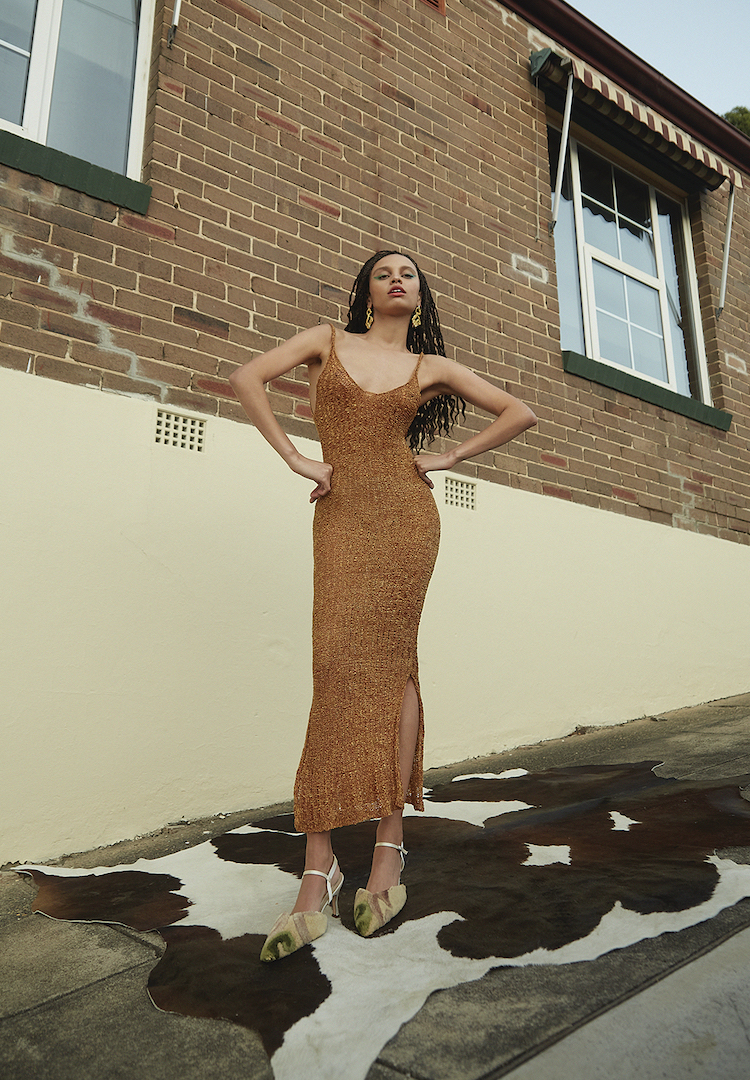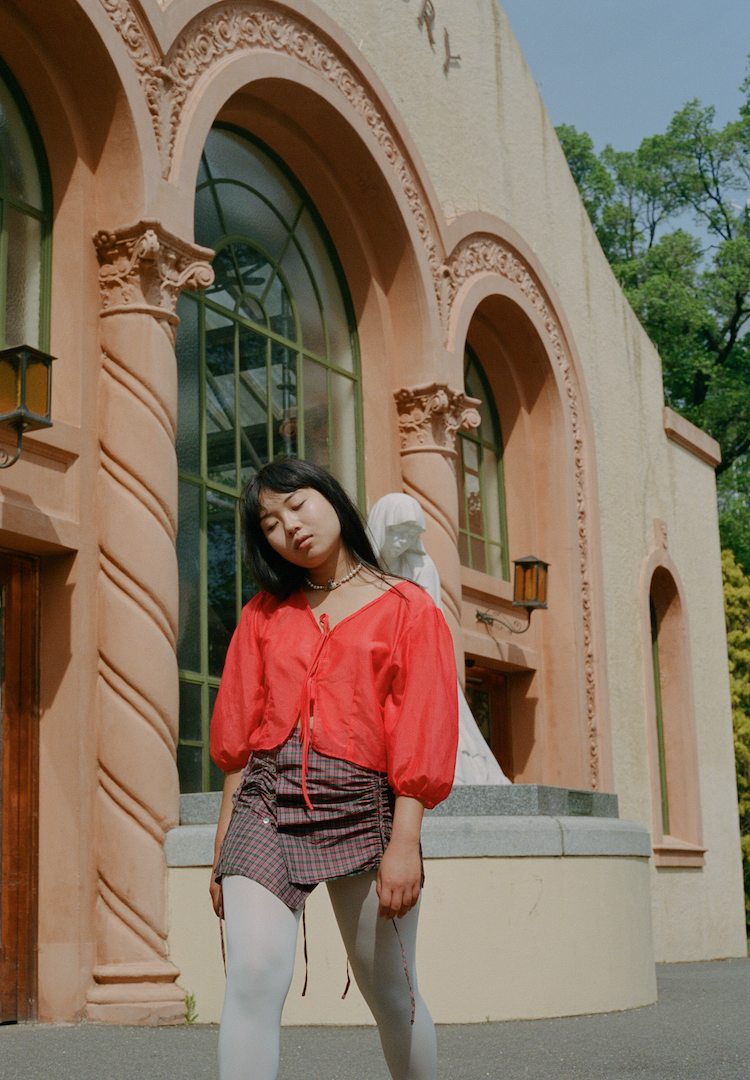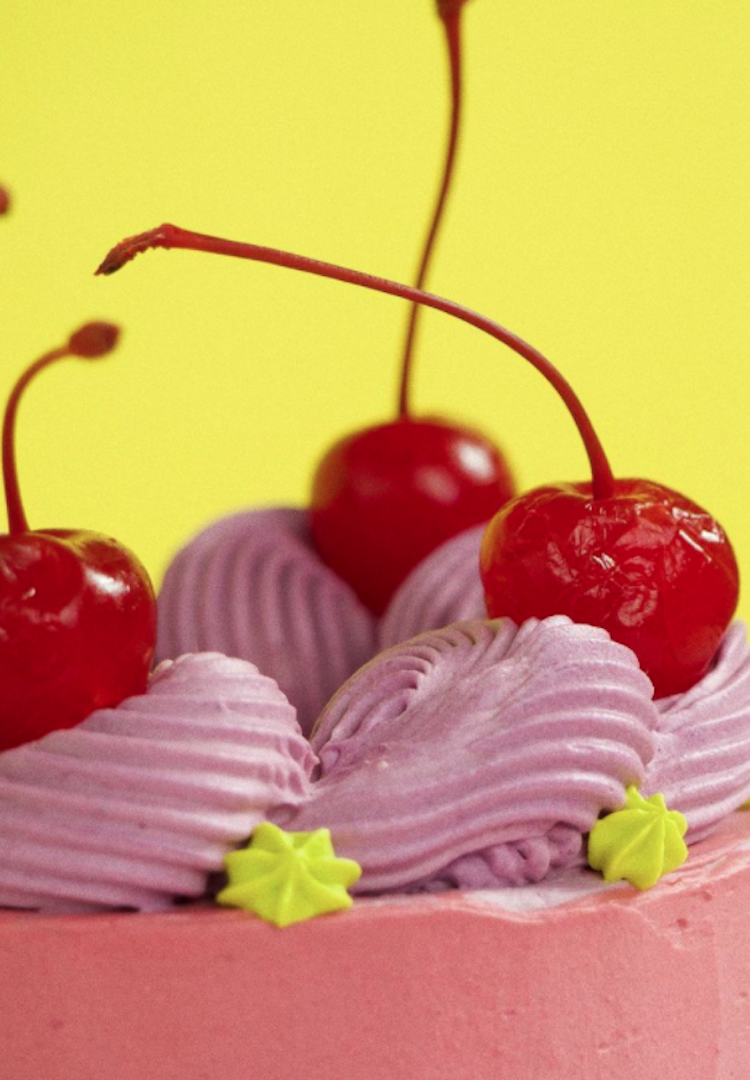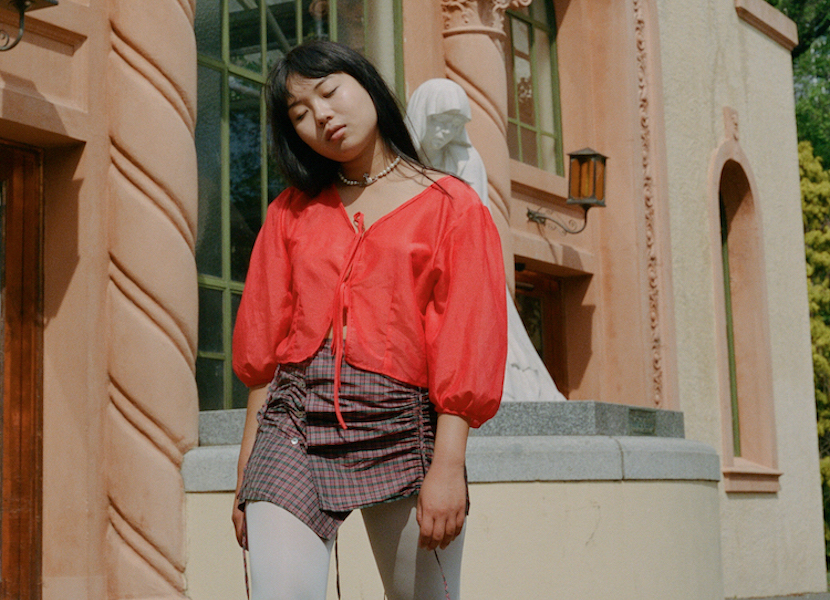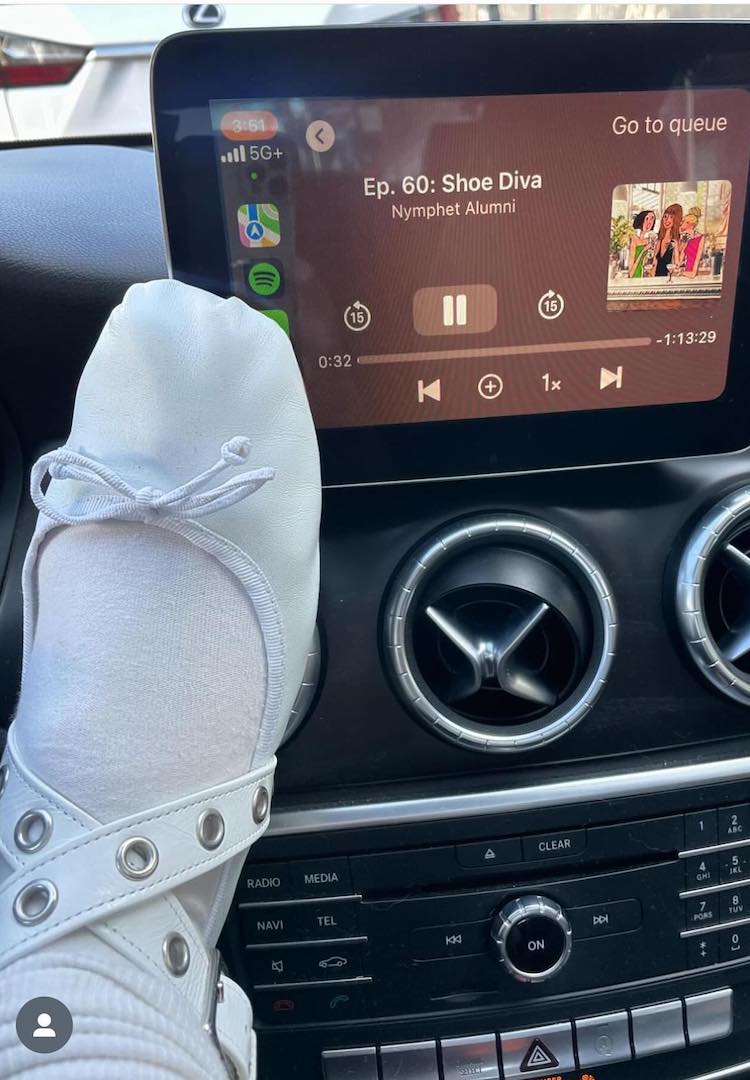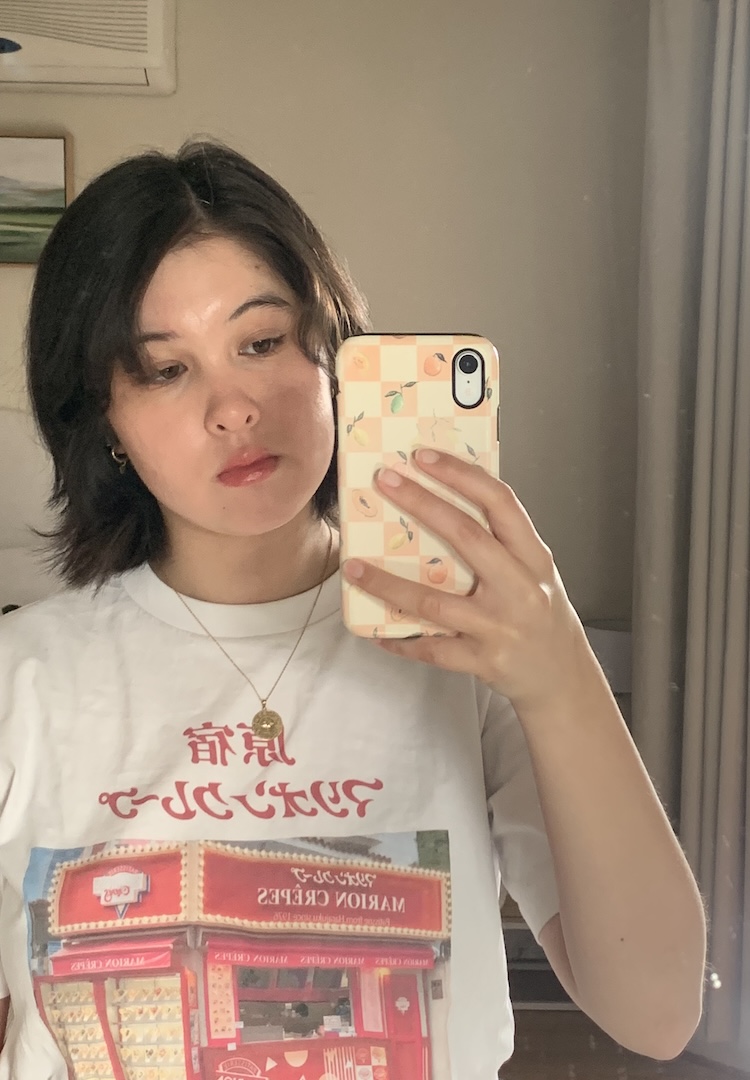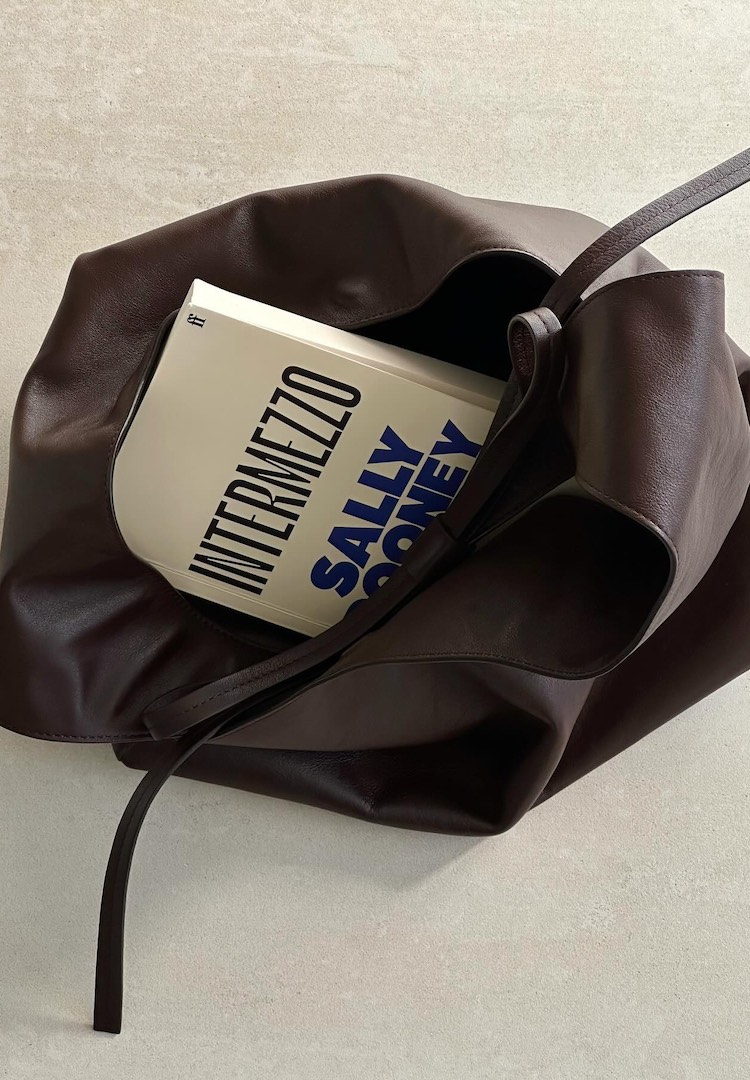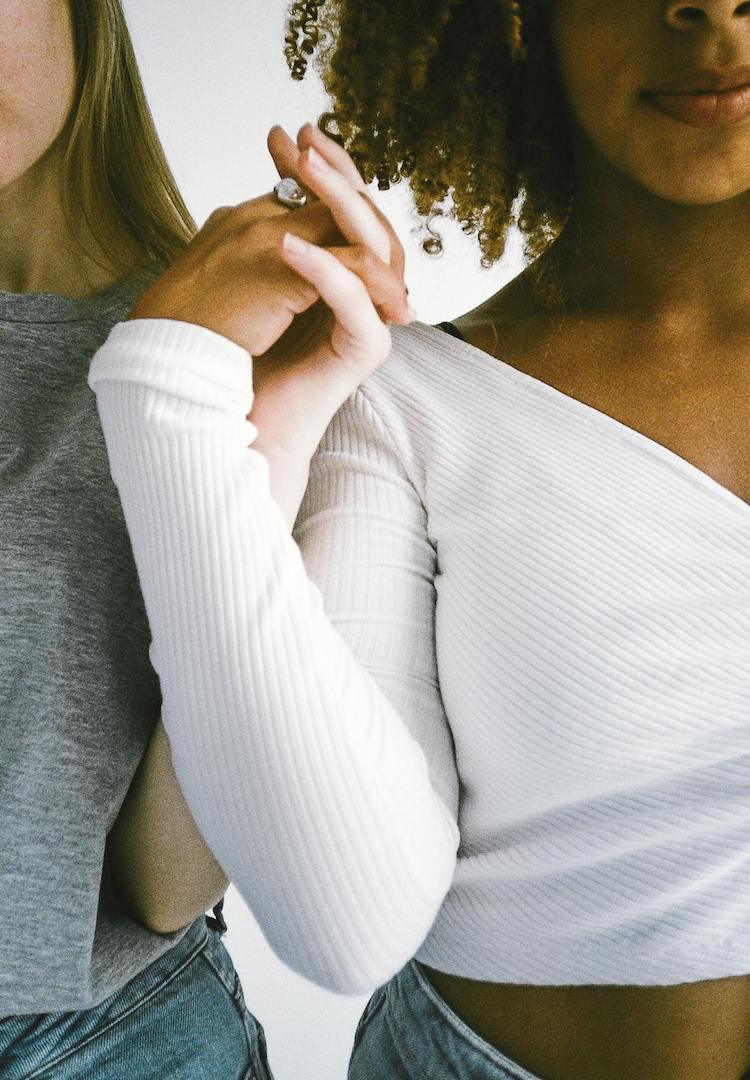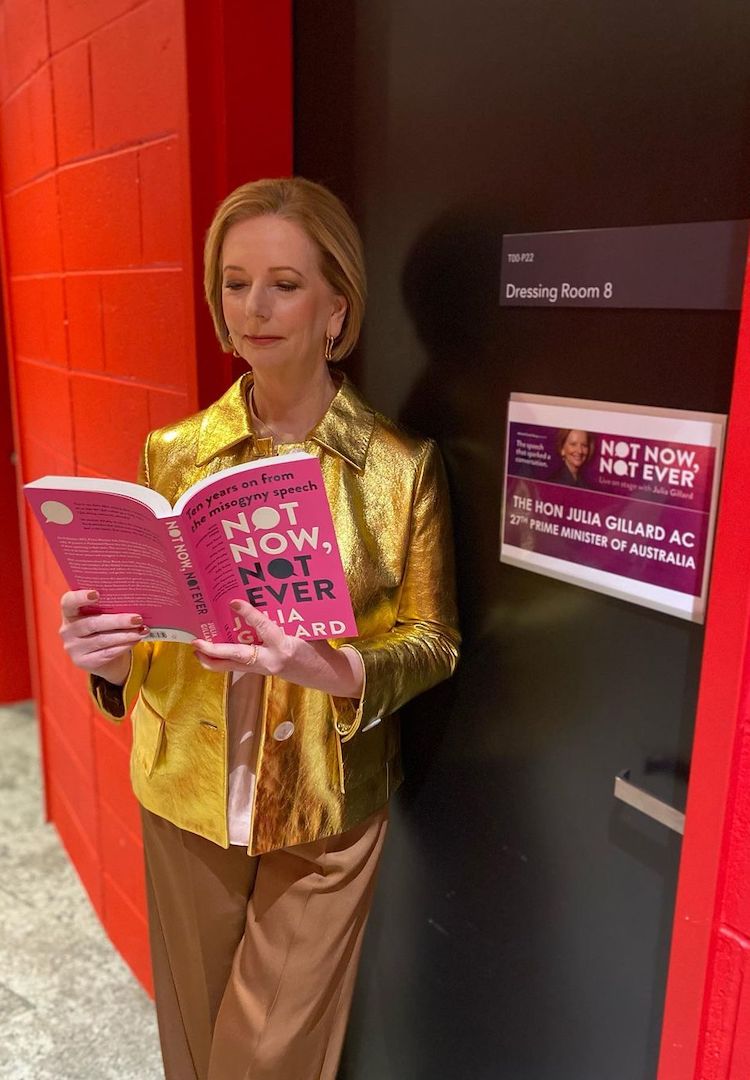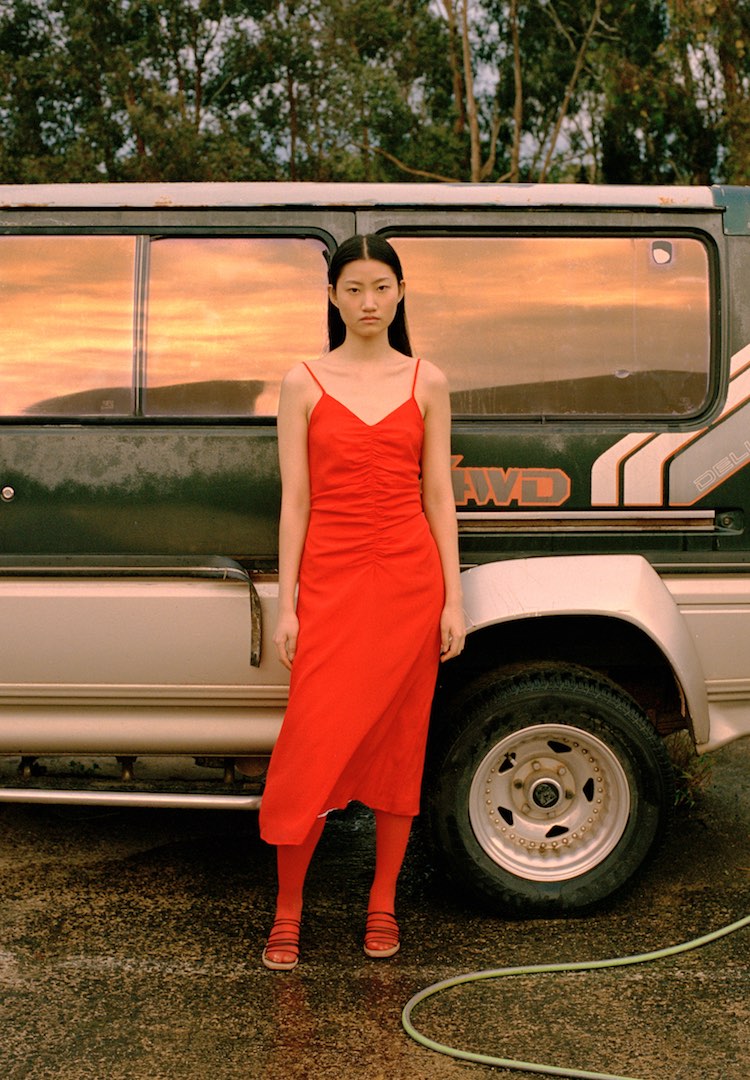Unpacking microaggression: What is it and why is it relevant to you?
PHOTOGRAPHY BY NICOLE WONG
WORDS BY LUCY XU
My experience growing up as an Asian-Australian.
When a man repeatedly shouted “Ni hao” from behind us when my friend and I were having a casual stroll along the infamous Bondi to Coogee walk, I was too shocked to react on the spot.
I wasn’t angry, I was confused and I didn’t want anything to do with it. I ignored him and fastened my pace, but he proceeded to shout “Annyeong” (the Korean word for hello) at us.
A moment of deja vu travelled through me. It was odd because I knew more than my younger self – I knew that this wasn’t okay. It was racist, and perhaps this time around I should be more outspoken about it. But I froze. I felt singled out and embarrassed. And I wondered why, in 2020, I’m still being treated this way.
There was an internal debate going on inside my head. Should I confront him or just leave it? In the end, he walked past, smiled at us and we didn’t say anything.
This incident is just one example of the countless times I have personally experienced microaggressions.
It really is a whirlwind of emotions growing up as an Asian kid in Australia – I have been called White-washed, I have been criticised for not being Asian enough, I have been told that my accent is not Aussie but is too Chinese. Wherever I go, people just assume things about me, sometimes to my face, sometimes not.
Microaggressions are everyday remarks or actions, whether intentional or unintentional, that communicate prejudiced messages based solely upon the recipients’ ethnicity. I call it racism in disguise, as a key part of what makes them so alarming is that their underlying assumptions are masked, and more often than not these remarks aren’t made with ill intentions.
Case in point is the dreaded small talk I endured as a new university student: “Where are you from?” they would ask. “I am from Australia,” I’d reply, only to be met with, “No, where are you really from?”
It’s a simple, curious and possibly benign question, but it is often deeply offensive and jarring. The younger me could never pinpoint why it made me so uncomfortable. I blamed myself for being too sensitive.
As I grew up, I realised that I was not alone in feeling like this – it’s a question that’s becoming more widely criticised, too. The Melbourne-based curator and writer Sabina McKenna’s photo series Where Are You From? explores this very question through the lens of non-White Australians. It’s a confronting but poignant reminder of the very real pain this form of othering can inflict.
Buried within this question is the implied connotation that you don’t belong here. There are things that people say and do that unconsciously reflect their underlying prejudice, and they do have an impact.
As a young Asian-Australian, I am still in the process of understanding what my place is in Australia and what it means to have a multi-cultural identity. I wanted to unpack this incident and microaggressions in general, so I spoke to Jay Ooi, the creator and producer of Shoes Off, a podcast about Asian-Australian experiences.
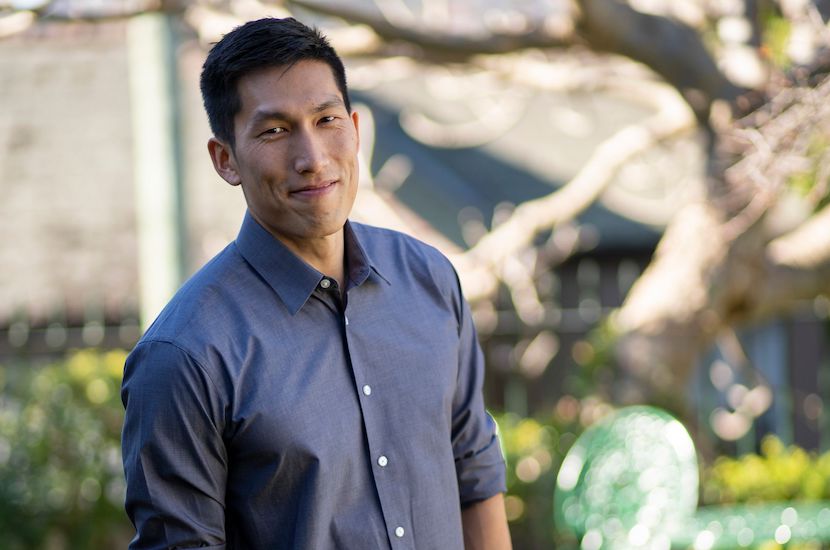
Who are you and what do you do?
My name is Jay Ooi. I am Malaysian-Chinese Australian. I produce a podcast called Shoes Off, centred around Asian-Australian culture.
What is your experience growing up as an Asian-Australian?
My overall experience is that being Asian wasn’t cool, you had to fight harder to fit in or to be cool as an Asian person. It’s not always explicit, it’s just kind of how you feel. We have this sort of unspoken racial hierarchy that no one really wants to admit.
Any personal stories with microaggressions?
Somebody said to me “Oh Jay, my girlfriend thinks you’re quite attractive for an Asian guy.” At that time, I was like, “Is that good? I guess that is good?”. Reflecting on it, there is the underlying assumption that Asian guys are not attractive –why is there a separate standard for attractiveness? The language that they use reveals internal biases.
Why are microaggressions problematic?
We’re making assumptions based on how people look. If a second-generation French or German person walks down the street, you’re not going to greet them with Bonjour, because you would assume they speak English. For a second, third, fourth-generation Chinese person, people automatically have this “I wonder where they’re from” mentality, but we literally have generations of Chinese people in Australia. There’s this assumption of who is Australian, and we don’t want to admit it or talk about it. The reality is that it’s White people – you can be second-generation White Australian, and you can own this term Australian so strongly and you’ll never be questioned about it. We are all Australian, but what does the collective society view as Australian?
Why do you think microaggressions are so prevalent in Australia?
I think every culture needs to have an outsider or an other. Whenever people feel like their experiences are not very good, it’s easy to try and blame it on a particular group. We also have a history of being racist against, particularly Chinese people, in our White Australian policy, in our law. When the policy went away, it’s not like we suddenly have different views on race. Going even further back, when British Australians conquered Aboriginal land, there’s an inherent racial hierarchy from day one. A lot of our racial views stem from that colonial mindset of “We are the better race and we are going to conquer and take over their land and people.”
What’s your advice on responding to abrupt and ‘casual’ racist behaviours?
If the right words and questions don’t come to you in the moment, that’s okay, because sometimes it can just shock us, and we don’t know how to process that. It probably means we have to go away and reflect on it. Let’s be a little bit forgiving of ourselves, that we can’t educate everyone at the moment. If, however, you do sort of realise that this is a bit of a microaggression, I would just ask questions. If someone greeted you with “Ni hao ma” you could just say, “Oh I didn’t know you spoke Chinese.” A lot of the time these things don’t come from bad intentions, because they don’t realise the impact that they have. I think curiosity is a good way to try and get them to understand. I can understand if you don’t want to engage as well, because it takes a lot of energy, and yet to engage in a meaningful way, if you’re willing, I guess it is worth it.
What motivated you to produce Shoes Off?
Shoes Off started because I’ve had these experiences that you’re talking about, that being Asian means you don’t quite fit in, and you’re not fully Australian. The problem is, when we don’t talk about it, we kind of suffer alone. Shoes Off is a way to try to understand our experiences better, to bring awareness to topics and issues that we probably don’t know that much about, or haven’t thought about it in a certain way. MasterChef contestant Sarah Tiong was greeted with “Ni hao ma” on a national radio back in June, [and] my commentary on this incident can also be found here.
When will season three of Shoes Off premiere?
The first episode of season three will come out on November 26.

